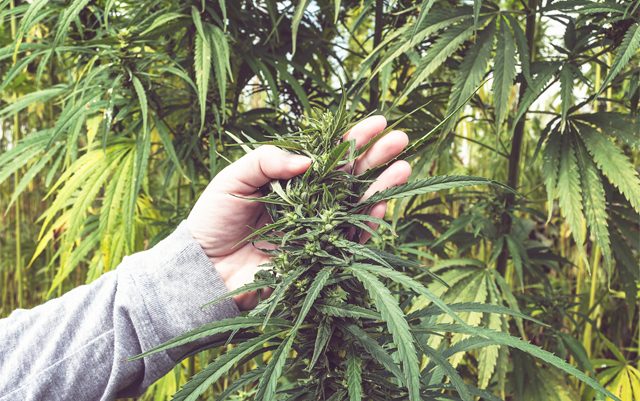North Carolina’s agricultural history includes a relationship with the big tobacco industry. Over the past hundred years, thousands of pounds of tobacco have been produced in the state annually. As a result, North Carolina became a top producer in the country for tobacco – which was great, until people stopped smoking cigarettes.
Because of this, the state has seen a decline in the value of growing tobacco. According to the North Carolina Department of Agriculture, tobacco only made up 6.3% of the source of farm cash receipts in 2016. This is a 0.4% difference from the year before, which doesn’t seem like a big difference until you look closely at the facts. In 2015, tobacco farmers received $790,292 in cash receipts. The following year, they collectively received $121,969 less in revenue streams.
So what is a tobacco farmer in North Carolina to do?
They can consider being a part of North Carolina’s hemp pilot program. The state’s government passed a set of temporary rules defining their program in January 2017. And since the opportunity to grow hemp is only a year old, farmers involved in the program still have a chance to make history.
East Coast Hemp Supply is making a name for itself in the state by utilizing their license to grow to hemp, using local resources and the rules of their state’s hemp pilot program, to increase opportunities for tobacco farmers to profit off their land.
I chatted with Thomas Laudon from East Coast Hemp Supply to learn about the struggling tobacco industry and what his company is doing in Dunn, North Carolina.
According to Laudon, Dunn is a town filled with large fields, drying barns, pre-civil war plantation homes, and residents that have seen and/or worked in the tobacco industry. Until recently, the only other major crop in the area – besides tobacco – was cotton.
They are slowing winning generational tobacco farmers over by offering contracts, being a source to buy plants, and recycling equipment and old growing spaces.
North Carolina farmers are in an interesting place. A crop they have been growing since before the Civil War is losing value. Their government has laid out some structure for a new hemp industry. Is learning something new worth the risk? Sometimes it’s hard to let go of the past.
Change is an investment, so it’s inspiring to see a company help others adapt to the times. East Coast Supply Company is utilizing vintage farm equipment and old buildings in the area to provide repurposed tools and updated growing spaces for cultivating hemp. Farmers can take advantage of their tobacco drying barns and greenhouses to generate new cash receipts. Only time will tell how many farmers make the transition to hemp.







All right, the farmers do. From tobacco is one harm, but from cannabis happiness.